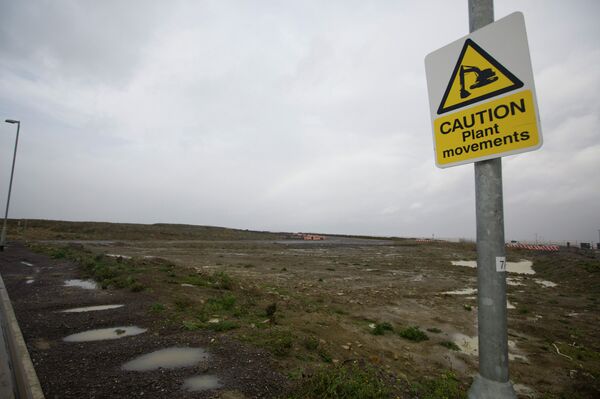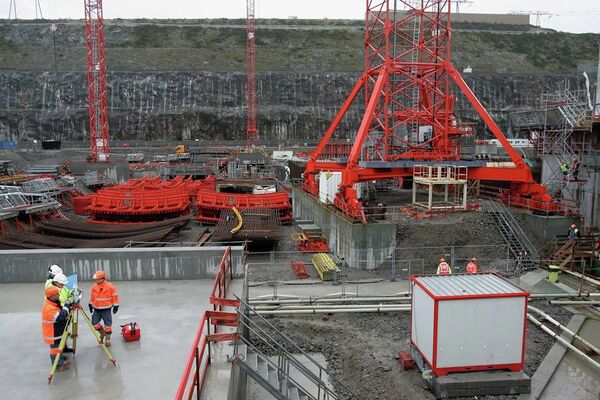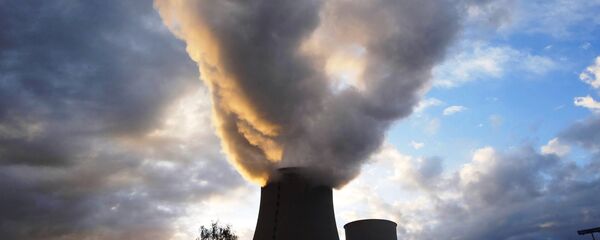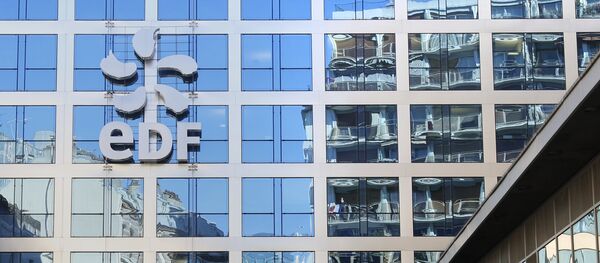The largely French state-owned energy giant EDF has been drawing up plans to build the next-generation nuclear power station at Hinkley Point in the southwest of England, but has been hit by a series of deals and the company is yet to make a final investment decision over the project.

The project has been hit by financial woes because of a drop in demand for nuclear power since the Fukushima disaster, in March 2011, when a magnitude nine earthquake set off a tsunami that hit the Fukushima Daiichi nuclear plant resulting in the meltdown of three of the plant's six nuclear reactors.
EDF has been struggling to get building underway at Hinkley Point because the sheer cost of building the plant has been a major sticking point, with British taxpayers being forced to back the deal by providing a guaranteed price of generated electricity from the plant.
EDF Energy — the UK subsidiary of EDF — agreed a 'strike price' with the UK Government, which guarantees EDF a price of US$141 MWh for generating electricity over 35 years and a debt guarantee — double the current price.
Despite this, problems with EDF's partner Areva — which manufactures the nuclear reactor — have led to delays in putting finance into place.
Finance Delay
In 2015, EDF's construction partner, Areva, announced huge losses and the French Government is attempting a rescue plan that will include a bailout from EDF. This is turn has had a knock-on to Hinkley, where — despite China General Nuclear Power Corporation (CGN) agreeing to pay a third of the cost of the US$25 billion project in exchange for a 33.5 percent stake. EDF is said to be having trouble raising its 66.5 percent of the cost.
French officials had expected to have a financing plan in place for Hinkley Point by May but the decision has now been postponed until September, according to Economy Minister Emmanuel Macron. In March 2016, EDF Finance Director Thomas Piquemal stepped down because he feared the project could jeopardize EDF's financial position, according to reports.
The CEO of EDF, Jean-Bernard Lévy, in September announced a further postponement of the commissioning of the gigantic new nuclear power station at Flamanville in northern France and admitted the price has more than tripled.

Levy said the first French third-generation European Pressurized Water reactor (EPR) with a capacity of 1650 MW will cost in the region of US$12 billion — more than three times the original projected cost of US$3.37 billion and fuel loading will not even start until late 2018, six years behind schedule.




